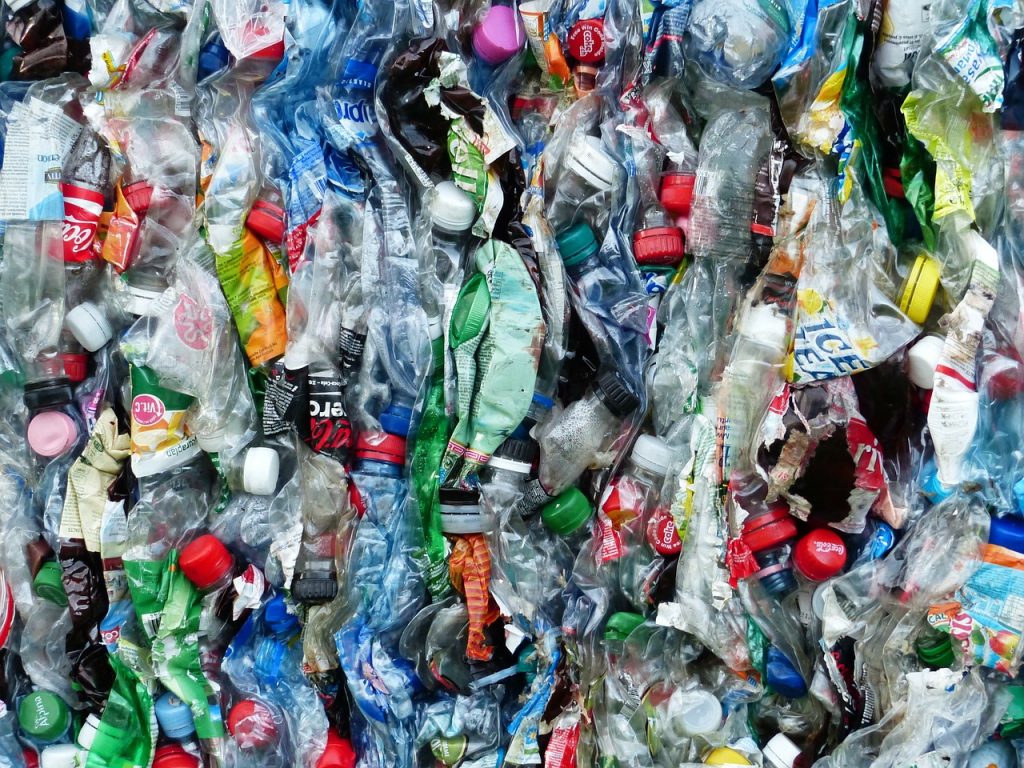Garbage Now Being Used To Build Buildings?
ByFusion is a company with technology capable of turning non-recyclable plastic garbage into blocks suitable for construction.
This article is more than 2 years old

Humans, in general, are wasteful creatures. Particularly in industrialized nations, people think nothing of throwing out heaps of unwanted goods without of second thought of where their waste winds up. As a result, the world is literally brimming with hoards of trash. The presence of discarded plastics is particularly prevalent. Plastics pollute the world’s oceans, continue filling up landfills already at max capacity and even line many a city’s streets. Needless to say, it’s a problem. And it’s one that humans created. Now, however, there is a group of humans trying to fix that plastic waste problem in an exceedingly creative way. ByFusion, a start-up based in Los Angeles, has found a way to take non-recyclable plastics and turn them into blocks to be used to build buildings.
ByFusion’s CEO, Heidi Kujawa explained to CNN why she took a keen interest in non-recyclable plastics and how her company’s process works. Kujawa said that in 2017 when she founded her company, plastics were becoming a bigger problem than they already were. This is because in 2017 China stopped buying the plastics that the United States could no longer recycle. As it turns out, 5 of the 7 types of single-use plastics that there are have no means of being recycled. “You’d be astounded at the things that cannot be recycled, which is basically everything you touch … stuff like pens, toothbrushes,” said Kujawa. Hence, she came up with a strategy to purposefully reuse those non-recyclable plastics.
Kujawa and her team at ByFusion’s efforts led to the development and creation of what they call the “Blocker System.” The blocker system is capable of taking unsorted and unwashed non-recyclable plastics and turning them into blocks suitable for construction. The system accomplishes this by first shredding the plastics. Then, using a combination of steam and compression, the technology forms the plastics into blocks called ByBlocks. Also, aligning with their commitment to being a completely carbon neutral company, the blocks are formed without the use of any added chemicals or adhesives. The blocker system itself is also 100% emissions-free, running entirely on electricity.
Furthermore, to entice businesses to see the value that their construction-grade trash blocks have, each one is made to the exact dimensions that a typical cement block used in construction would be. “We’ve modeled our ByBlocks around the dimensions of a hollow cement block. Each is a 16-inch by 8-inch by 8-inch unit,” highlighted Kujawa. She also noted that every Byblock is substantially lighter than a traditional cement block.
Overall, there is immense potential in ByFusion’s trash block-creating technology. The company itself sustainably operates in such a way that can greatly reduce the amount of plastic waste that is present. They are also giving back to the community as a whole by offering an alternative to traditional construction materials. The company’s current goal is to recycle at least 100 million tons of plastic by 2030. And in the years to come, it is Kujawa’s goal to be able to extend its mission globally. Because as she pointed out, “Every community struggles with plastic waste.”



